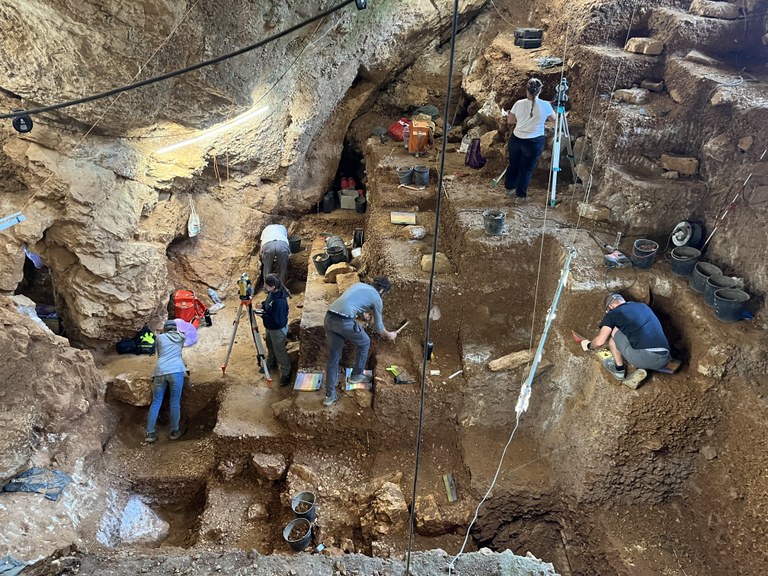Summer Research Locally and Abroad

Several faculty members of the Anthro department had a busy summer undertaking groundbreaking research locally and internationally, including an NSF-funded dig at a Paleolithic site in Portugal (Dr. Haws), excavating a Roman-period tomb in Turkey (Dr. Marklein), ethnographic field research about China’s high fashion industry in Shanghai (Dr. Zhao), teaching advanced archaeological field school in southwest Ohio (Dr. Comstock), archaeological dig at Moche sites in Peru and proteomic sampling from skeletal remains (Dr. Crespo), and ethnographic fieldwork about residential solar adoption in Louisville and participant observation at Louisville’s Eastern cemetery (Dr. Storey). Representative pictures of these exciting projects and trips are listed below.
Click on our researchers names to see images from their travels.
